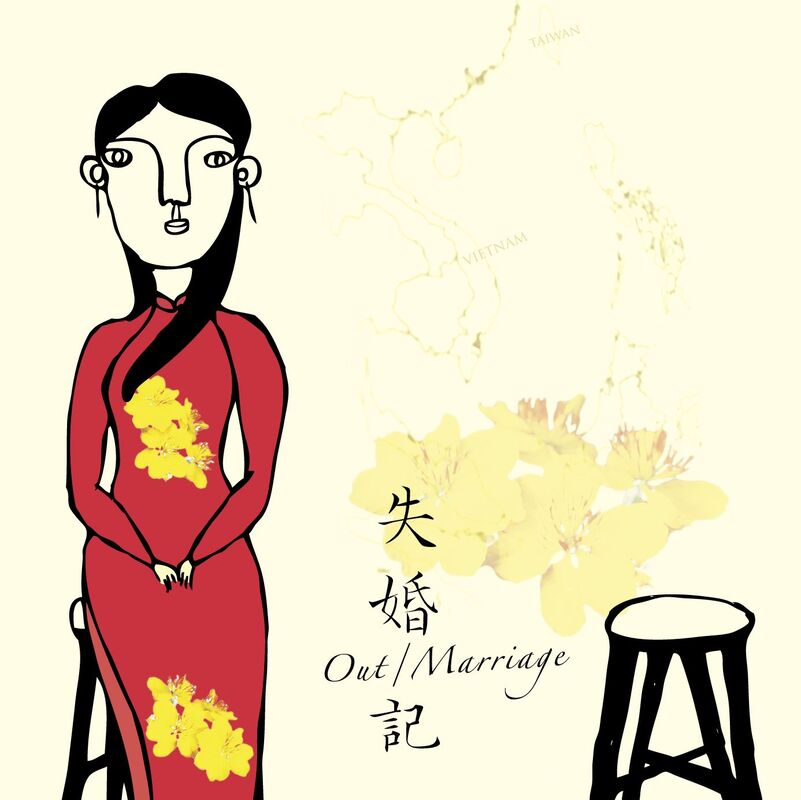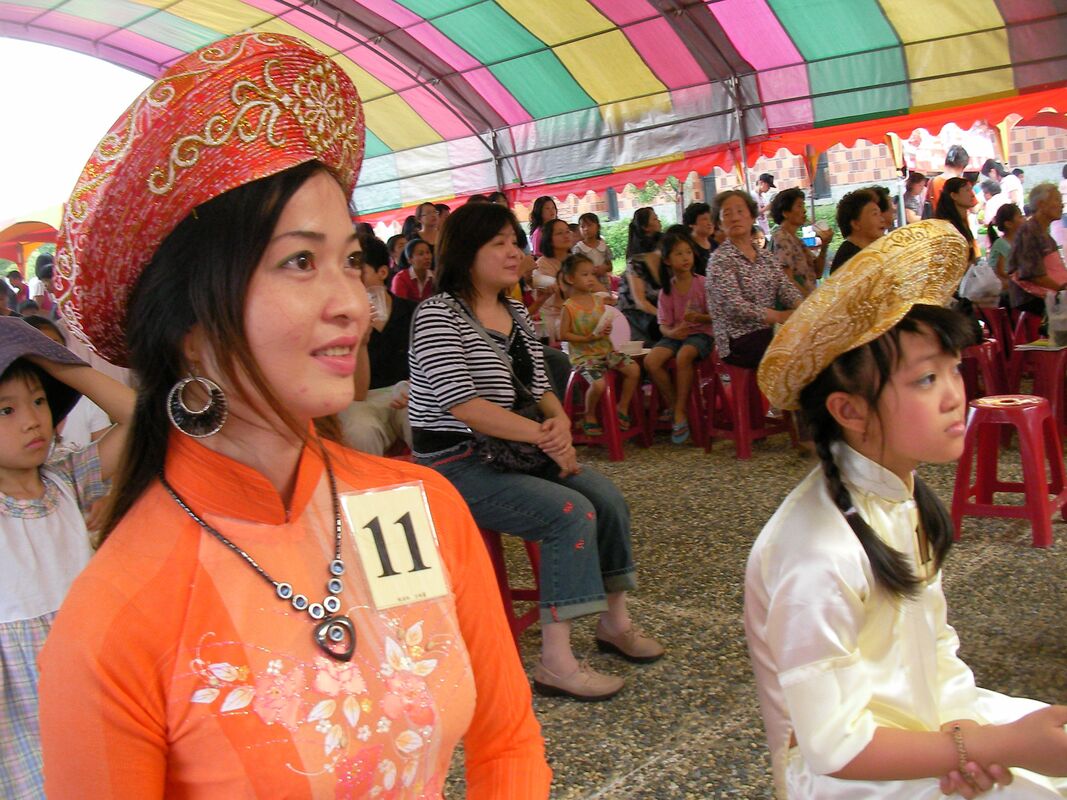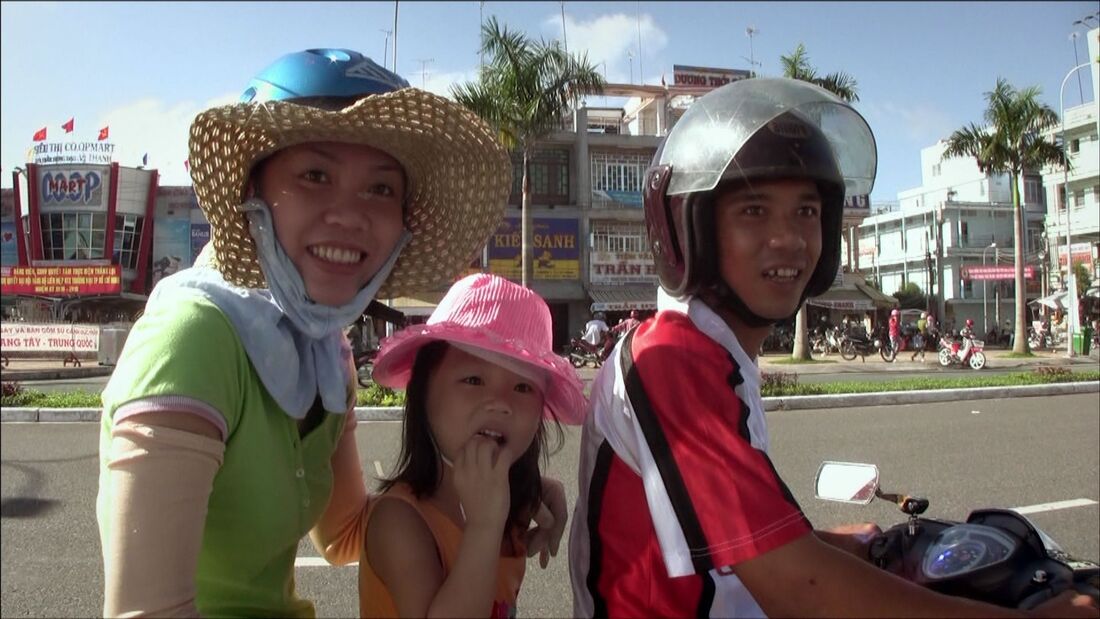|
Nguyen Kim-Hong is a Vietnamese woman who moved to Taiwan for marriage. At the time she was full of happiness at the opportunity to do what she’d always dreamed, something that was even foretold by a local fortune teller in Vietnam. But it wasn’t long before her husband began gambling, drinking, and treating her badly. He racked up huge amounts of debt and beat her. She was eventually able to divorce him, but she still bears the stigma of being both a divorcee and an immigrant. She documents her current life, as well as her efforts to integrate into Taiwanese society and to learn the language. The film introduces four of her friends who are all in similar situations. They moved to Taiwan for marriage, either by choice or because they were effectively sold by their families. They all had to cope with their husbands’ gambling, drinking, and violent behavior against the backdrop of a society where they struggled to adapt. The film is calm and has an observational, home-movie style. There is no high drama, but it offers an intimate portrait of women affected by the same key issues. For example, education for their children is vital. It’s important that they learn Chinese if they want to remain in Taiwan or be able to go back there in the future. But the language is hard for the children to learn, especially if they’ve already fled to their home countries. They all face suspicion from others in this society, including the assumption that they came to Taiwan for money. During disagreements, their husbands often side with their own families and don’t support their wives properly. There is a deliberate choice to focus solely on the women and children. The husbands are not shown, and neither are the people they’re trying to integrate with. This keeps the focus very much on the people at the heart of the story. Some might argue it makes for a less rounded documentary, but given the subject matter, I don’t think that showing “both sides” is necessarily a good thing here. The number of women featured shows how widespread the problem is. But it also makes for a fairly jumbled narrative as we go between countries and scenarios. Each of their stories is complex, and it’s hard to get across the twists and turns of each situation. Some of the women find that they have no support in Taiwan and are effectively outcasts. So they move back to their home countries. Some stay in Taiwan and try to establish a community. Some have young children and deal with complicated custody issues.
Despite the sometimes hard-to-follow stories, the central message is one of a group of marginalized women being abused and outcast. But it also offers some hope. The women shown are good friends who offer each other support. There is active engagement with group counseling and organizations designed to help people to integrate into Taiwanese society while maintaining their own cultural heritage. In telling this story, Nguyen Kim-Hong brings attention to a problem that hopefully will help to advance public attitudes, as well as help other women who might feel alone in their own situations, both in Taiwan and around the world. Comments are closed.
|
AuthorHi, I'm Caz. I live in Edinburgh and I watch a lot of films. My reviews focus mainly on women in film - female directors or how women are represented on screen. Archives
December 2021
Categories
All
|





 RSS Feed
RSS Feed
